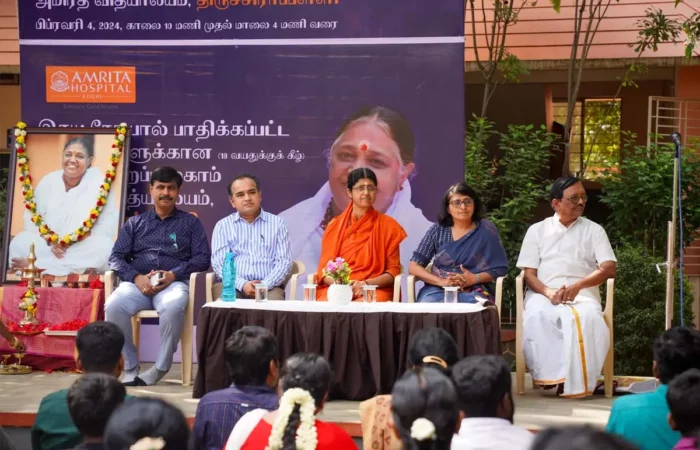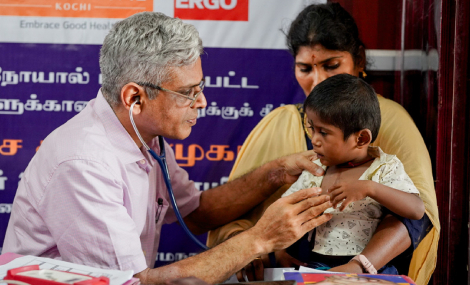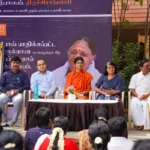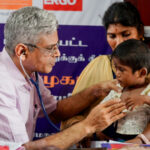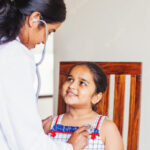This could help reduce child mortality, say experts
Tamil Nadu, which lowered child mortality significantly in the past decade, could further the trend by investing in technology to treat congenital heart defects (CHDs), said experts.
R. Krishna Kumar, head of the Department of Cardiology at the Amrita Institute of Medical Sciences, Kochi, said India had a huge burden with around 2-2.5 lakh babies born annually suffering from congenital heart defects. Around 80,000 have serious complications but though most of them only require a single corrective surgery to live a normal life, they often have no access to them, he told mediapersons here on Friday.
Hospitals also lack technical and human resources to deal with the scale of the burden. “It is only after the mortality rates fell that Kerala began looking at CHDs. We are now operating on pre-term babies but the challenges are huge,” he said.
At Amrita, doctors operated on a 1.8 kg baby born three months before term. Paramesh Kumar, born on July 27 last year in Tirunelveli, was referred to the hospital by doctors in Madurai. Paramesh’s father Sahadevan said the baby was diagnosed with a hole in the heart three days after birth, and it enlarged within a week.
Cardiovascular surgeon Brijesh P. Kottayil, who performed the surgery, said since pre-term babies’ tissues are fragile, more care is needed before and during the surgery. He used a 3D printed image of the baby’s heart from the MRI scan to help identify the exact type of lesion and cut the cardiopulmonary bypass time. This reduced the recovery time, Dr. Brijesh explained.
The institute’s expertise in paediatric cardiac surgeries led it to develop an app. Mahesh K., professor of Paediatric Cardiology in-charge of MRI and 3D Printing, said the study of 1,100 babies brought to the institute found that safer transport would improve their survival chances. It helped develop an app to provide real time data even as the baby is transported by ambulance. The app will be launched in February, Dr. Mahesh said.
The institute has installed a 3D printer which has helped in planning complicated surgeries in other specialities also.


